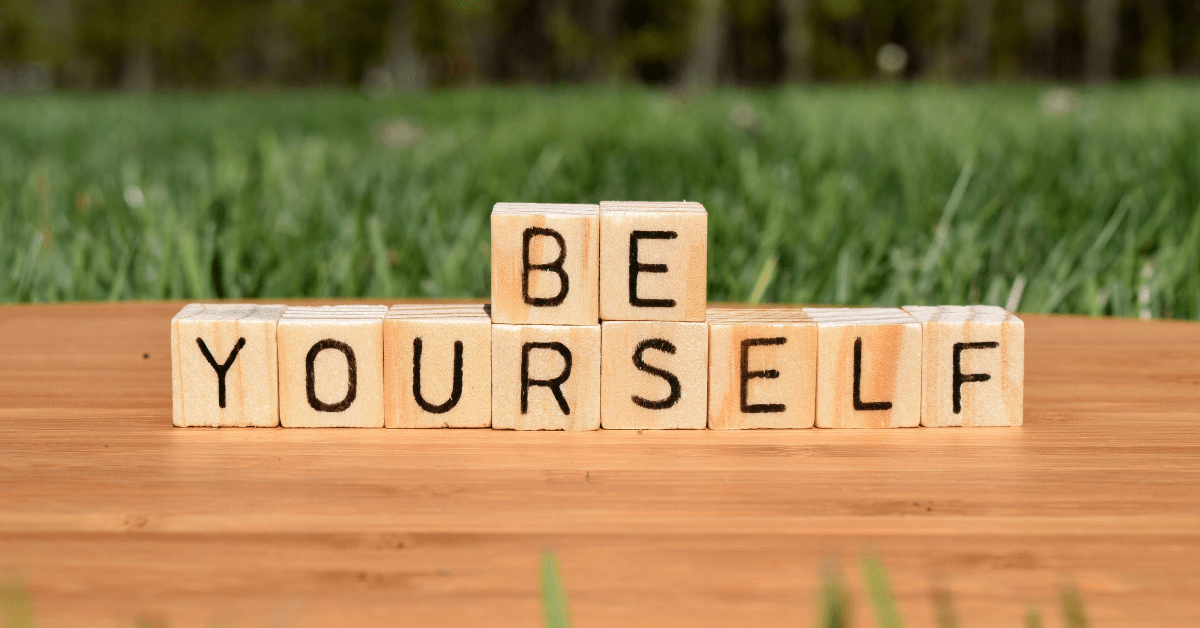
Relationships are tough to maintain – there’s no denying that. Even people who love each other very much and understand each other often face difficulty in their relationships!
When it comes to that special someone in your life, love alone isn’t enough. You might be in a loving and committed relationship or marriage with your significant other, but it still doesn’t guarantee happiness. Neither does love guarantee that you will be content with your partner, or that there won’t be any problem between yourselves.
What’s needed to be happy in your relationship is deeper and more meaningful than just love and affection. According to relationship experts, wise men, and social thinkers, there is one rule that applies to all kinds of relationships, not just romantic ones. Whether it is the relationship between a couple who had been married for 30-odd years, a couple only together for weeks, friends or siblings, or the relationship between a parent and a child, there is one specific rule to adhere to
this is known as the GOLDEN RULE IN RELATIONSHIPS.
What is the Golden Rule in Relationships?
“Do unto others as you would have them do unto you.”
This is known as the Golden rule in not just relationships, but almost anything else in life. Basically, what it means is to treat people the way you want to be treated. What you expect from other people, you have to implement first in your actions – that’s the best rule of getting by in all kinds of relationships.
The principle is a simple one: if you want love from your partner, you have to love them in return. You cannot expect a person to love you when you are indifferent to them. In the same way, whatever you want from your companion needs to be shown first.
If you want them to be loyal to you, you’ll have to be devoted to them, to begin with. Can you expect loyalty from a spouse or a partner if you are not loyal to yourself? No, that is not how a relationship works. Both people involved in a committed relationship have to give each other the same kind of obligations and devotion they expect from the other.
How to Follow the Golden Rule in a Relationship?
Again, the idea is simple: think of what you want from your partner, and assume that they want the same treatment as you. If you want your significant other to be your best friend in all ways that matter, you have to start by being their confidante and their support system first. If you want kindness, intimacy, romance, emotional support, and acceptance from your partner, you need to show these emotions first.
Do you want honest communication with your partner? Simply saying, “Tell me what you are thinking,” isn’t going to work unless you open up first. If you want to know what they are thinking, planning, dreaming of or working towards, you have to start the conversation with your thoughts, plans, dreams, and ambitions in life. Unless you start sharing or you show the willingness to share, you cannot really expect your partner to share their thoughts.
If you are looking for someone to laugh with and cry with your partner, it is crucial that you support them in whatever plans they have for their lives. When you are not supportive and caring, you can’t expect your significant other to do the same for you when you need their support. It doesn’t matter how much love is present between two people in a relationship; it cannot survive unless the people involved in it get as much as they give out.
Don’t cheat if you don’t want to be cheated on, don’t lie unless you can accept being lied to, don’t hide things from your partner if you want honesty from them, don’t be unkind if you wish to kindness from other people – the rules can be endless unless you remember something specific: treat everyone the way you want them to treat you.
The Golden Rule doesn’t just apply to romantic and intimate relationships, but all kinds of interactions, acquaintances, and social behaviors possible. Even with a new acquaintance, it is vital that you are respectful and compassionate – precisely the type of personality you’d want your acquaintance to have.
Is the Golden Rule the same in All Relationships?
Yes, and no. The Golden Rule isn’t exactly a scientific formula, and there’s bound to be some exceptions to the rule. While the principle of the rule stays constant, every human relationship is different and unique, and the rules can bend – if not change – with them.
When there are two, or more, people involved in a relationship, there’s definitely going to be some ways that the individuals are different from each other. If that is the case, they might not want the same things from each other. This doesn’t necessarily mean that the Golden Rule doesn’t apply to them, but it means that the people involved need to bend the rule
For example, in a romantic relationship, two people might have different needs for certain aspects: financial independence, PDAs or Public Displays of Affection, sharing information, etc. If one partner has no problem with PDA, but the other is not comfortable about it, this is something unique in the relationship. If one partner isn’t satisfied with something their significant difference is interested in, this is not something to be pursued in the relationship. The Golden Rule of relationships – Do unto others as you would have them do unto you – doesn’t apply here.
The Golden Rule for relationships also means that it is not right to hold the other person responsible when they fail to reciprocate. If you like to receive gifts, it is your responsibility to give your partner gifts; however, it is not right to hold them accountable if they are unable to return the gesture equally. The Golden Rule applies that you need to do what you want from your partner, but also to accept that they might not be able to return the favor exactly.
It is also not right to manipulate one’s partner or force them to do something when they are unable or unwilling. In a relationship, one partner may be comfortable with sharing their personal information with their friends, while the other partner is more private. The Golden Rule does not ask that both partners share the same ideology in everything; it also doesn’t mean that one partner can force or manipulate the other one to share their relationship details with other people if they are not uncomfortable with it.
If everyone can adopt the Golden Rule of “Do unto others as you would have them do unto you,” it would certainly mean that fewer people would get hurt, cheated on, misbehaved with, or physically injured. It’s not just in romantic relationships, but everywhere else that the Golden Rule can be applied for a happier and healthier way of life. If you believe in the power of the rule, you’ll never be able to do something to another person that you don’t want to be done to you – it’s as simple as that!



